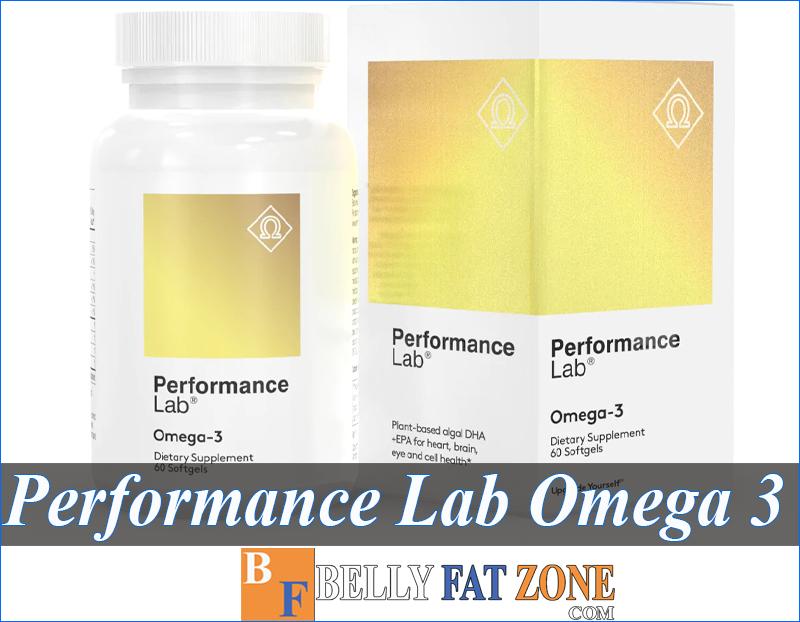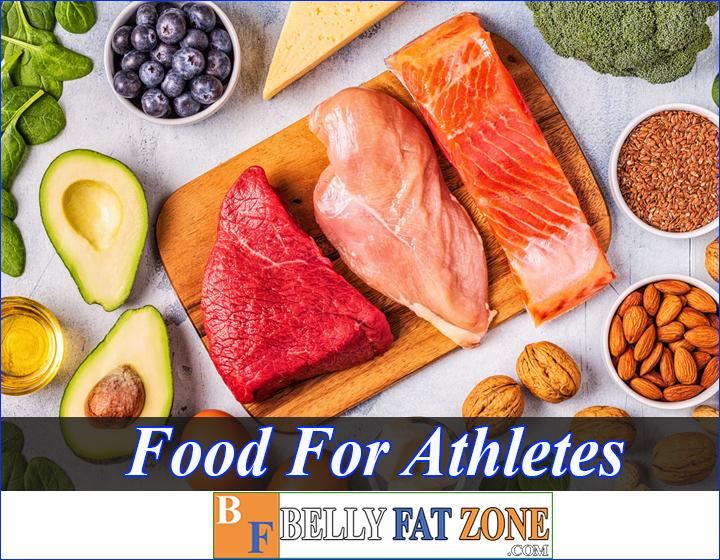Heart health is always a matter of concern for everyone, not just you or your loved ones, not just a country or an organization but the whole world.
In recent years, the death rate from cardiovascular disease tends to decrease compared to before, but it is still a concern for many people. Today, we know more about how to prevent cardiovascular disease, including stroke and heart attack.
The impact of cardiovascular diseases has many factors and the consequences of serious health problems in the future.
However, you can improve your heart health by exercising and changing your diet most appropriately.
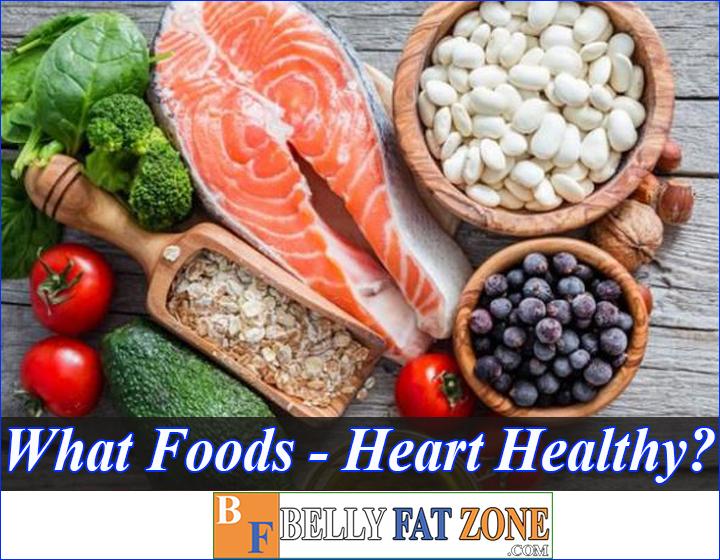
Certain foods will increase your risk of heart disease, but certain foods lower your cardiovascular disease risk.
Eating heart-healthy foods and being healthy (like exercising more) can make a big difference.
In addition to avoiding unhealthy foods to reduce your risk of heart disease, it's important to increase your intake of foods rich in nutrients and high in fiber, as well as healthy fats.
In this article, we will learn which foods support our heart health. Now BellyFatZone invites you to refer to this article together!
Heart-Healthy Foods are:
1. Broccoli, spinach, and kale
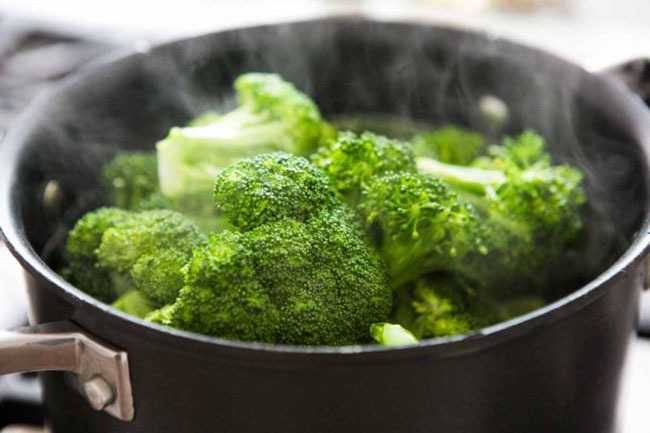
Green vegetables can add strength to your heart. These vegetables contain more carotenoids, act as antioxidants, and fight harmful compounds in your body.
They are also rich in fiber and contain tons of vitamins and minerals for a healthier body.
2. Avocado is beneficial for the heart
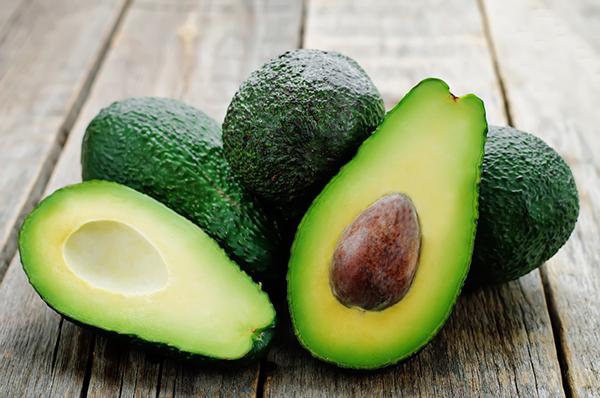
This fruit has long been known to be very healthy, providing the body and heart with healthy fats. Also, avocado is high in antioxidants, and potassium is both beneficial ingredients for your heart.
Read more: Foods to Eat to Lose Weight in Stomach Easy to find
3. Pomegranate
Pomegranates are rich in antioxidants, including polyphenols and anthocyanins that can help prevent hardening of the arteries. One study in patients with heart disease showed that drinking pomegranate juice daily for three months showed an improvement in blood flow to the heart.
4. Apples
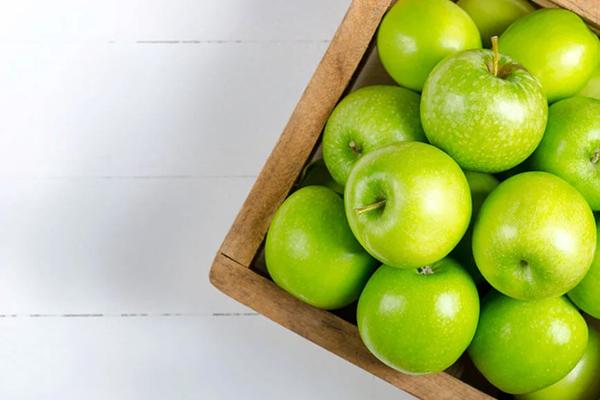
In addition to their proven ability to lower total cholesterol, apples help protect your heart thanks to their prebiotic content, which feeds the beneficial bacteria in the gut, linked to cardiovascular protection.
Additionally, a 2012 study in healthy middle-aged adults over a period of 4 weeks found that the habit of eating one apple a day reduced blood levels associated with the hardening of the arteries by 40%.
5. Garlic and onions

Allium vegetables, including garlic and onions, have been shown to reduce inflammation in the body, reducing the risk of hardening of the arteries. The sulfur compounds in these vegetables have also been shown to improve circulation and blood flow.
A 2017 study published in the Journal of Hypertension found that adults with a higher habit of eating allium vegetables had a 64% lower risk of cardiovascular disease over a six-year period.
View more: 32 Foods That Burn Belly Fat Fast
6. Beets
Beetroot is one of the few vegetables that contain important bioactive pigments called betalains, which give them their reddish-purple color.
Betalains offer high levels of antioxidants and anti-inflammatory properties known to protect a wide range of systems in the body, including cardiovascular health. The natural nitrates present in sugar beets help dilate blood vessels to lower blood pressure and reduce the over-stimulation of the nervous system that occurs with heart disease.
7. Green tea
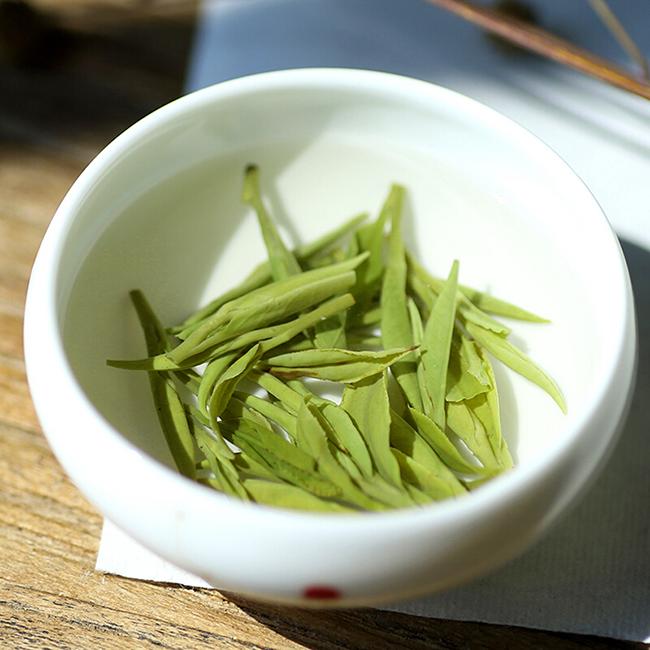
Green tea can provide significant health benefits. A 2013 study found that those who drank four or more cups of green tea daily had a 20% lower risk of heart disease and stroke than those who “rarely” drank it.
These findings echo an earlier study that found lower mortality, including death from heart disease, among people regularly consuming green tea. Antioxidants in green tea called catechins may explain this effect.
8. Chili
Chili has been shown to help reduce the risk of heart disease by lowering cholesterol, lowering blood pressure, increasing blood circulation, and fighting obesity. These hot peppers also contain powerful anti-inflammatory compounds and have even been linked to longevity.
9. Salmon
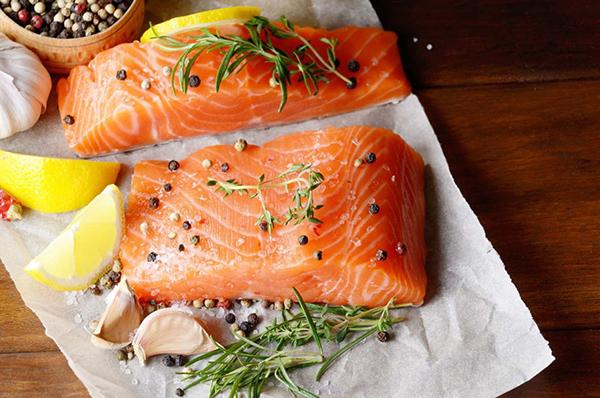
Salmon or mackerel, or sardines are the foods that are rated good for the heart, according to recent studies. That's because they contain high amounts of omega-3 fatty acids, shown in studies to reduce the risk of arrhythmias (irregular heartbeat) and atherosclerosis (accumulation of plaque in arteries) to reduce triglycerides.
The American Heart Association recommends eating much fish and especially salmon at least twice a week for your heart.
However, you can also supplement by using omega-3 fish oils or some other foods containing omega-3, although there is no DHA and EPA omega-3 especially found in fatty fish.
10. Oatmeal
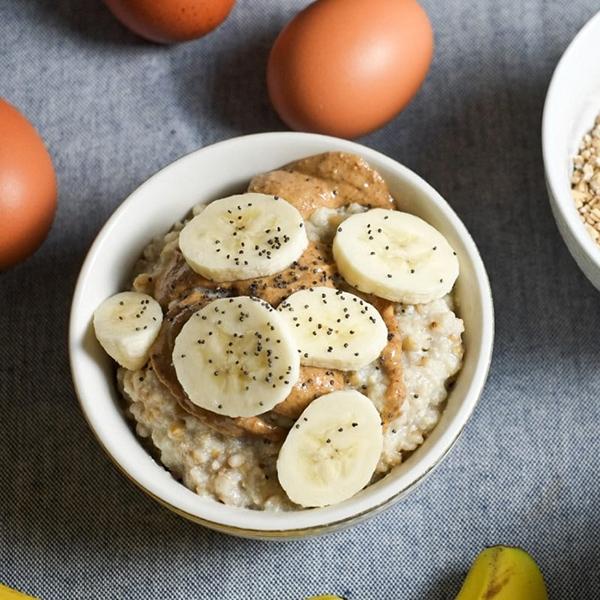
Oatmeal can lower cholesterol. “It acts as a sponge in the digestive tract and absorbs cholesterol so that it is eliminated from the body and not absorbed into the bloodstream,” says Lauren Graf, a nutritionist and co-director of the Health Program.
Heart Health at the Montefiore Medical Center said. Graf also recommends avoiding instant oatmeal, as it is often high in sugar.
11. Blueberries
In 2013, a study on the effects of blueberries on cardiovascular problems was published. Accordingly, those on a menu that ate many blueberries and strawberries had a lower risk of a heart attack.
Blueberries contain antioxidants known as flavonoids and anthocyanins that help lower blood pressure.
12. Dark chocolate
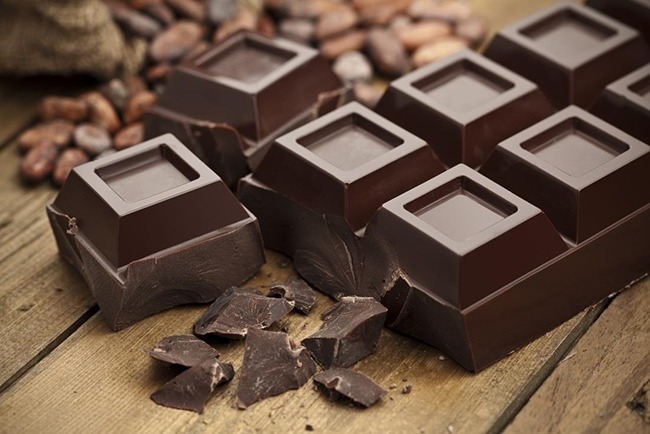
Research from 2012 shows that daily chocolate consumption can reduce heart attacks and strokes in people at high risk for these problems.
The findings apply only to dark chocolate, meaning that the chocolate is made up of at least 60-70% cocoa. Dark chocolate contains polyphenols, which can help with blood pressure, blood clotting, and inflammation. Milk chocolate and most chocolate bars aren't the food that protects your heart.
13. Citrus fruits
A 2012 study found that women who consumed large amounts of flavonoids found in oranges and grapefruit had a 19% lower risk of ischemic stroke (caused by blood clots) compared to women who did not use much—this compound.
Citrus fruits are also high in vitamin C, which has been linked to a reduced risk of cardiovascular disease.
Citrus fruits or fresh orange juice provide fiber for the body, which is very beneficial for health. Grapefruit contains a compound called a statin that is active as a cholesterol-lowering drug.
14. Potatoes
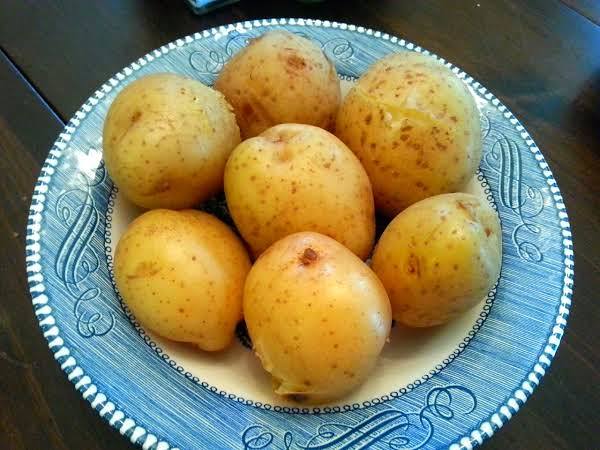
There is no reason to stay away from potatoes as they are white in color and look like a “bad” starch. As long as they aren't fried too much, potatoes can be good for your heart.
Potatoes are rich in potassium, which can help lower blood pressure, and they are high in fiber, which can reduce the risk of heart disease.
15. Tomatoes
Like potatoes, tomatoes are also high in heart-healthy potassium.
Also, tomatoes have a substance called Lycopene. Lycopene is a carotene that can help reduce LDL levels, also known as bad cholesterol, keep blood vessels circulating, avoid atheroma, and reduce the risk of a heart attack. And because they're low in calories and low in sugar, it's a healthy diet.
16. Nuts
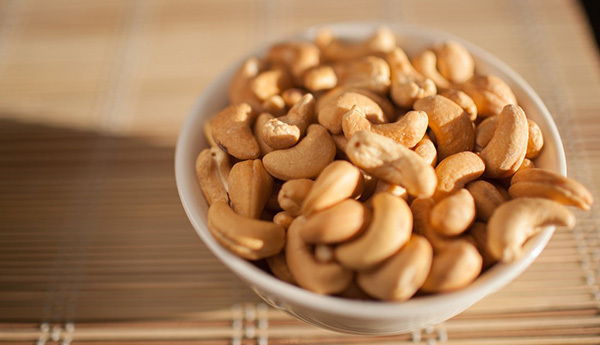
Nuts include almonds, walnuts, pistachios, peanuts, and macadamia nuts, all of which contain fiber that is good for your heart.
They also contain vitamin E, which helps lower bad cholesterol. Walnuts rich in plant-based omega-3 fatty acids called alpha-linolenic acid, or ALA, are associated with anti-inflammatory and improved blood circulation.
Some people think that these nuts should be avoided because they are high in fat, but studies and in fact show that people who take these nuts daily will be thinner, and it is actually beneficial health.
And lean people have a lower risk of heart problems.
17. Legumes
In the 20th century, scientists organized a seminar called – “Pea – golden seed of the twentieth century.” This is enough to show the amazing benefits of legumes.
Studies have concluded that eating a lot of beans can help control blood sugar and reduce cardiovascular diseases. Some types of beans are easy to see every time you go to the supermarket, such as peas, lentils, …
18. Olive oil

Olive oil is a good source of monounsaturated fats, which can lower cholesterol and blood sugar levels.
I hope the above article can bring useful information to your health. Don't forget to stay tuned to BellyFatZone's Health section for more useful updates!
Foods That Reduce Your Heart Attack Risk According to Doctors Video
Read more:
- What Are Vitamins For Glowing Skin And Support Body Weight Control?
- High Protein Vegetarian Foods For Bodybuilding
- List Foods for Muscle Repair After Injury
Hopefully, the information above has helped you gain more knowledge about “What foods are heart-healthy?” and brings some small value to you. Please share this article if you feel it is useful. Thanks!

